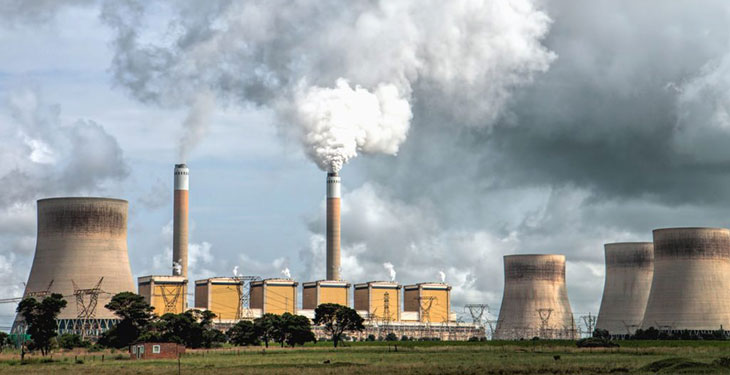Bogdan Tudorache
The leaders of the European energy industry have sent a letter of commitment to the European Commission by which they affirm their support for the call for the European Union to commit to achieving carbon neutrality by 2050 at the latest, and accordingly increase its greenhouse gas (GHG) reduction target for 2030 to at least 55% reduction on 1990 levels to align with a cost-effective trajectory to 2050, according to Enel.
Establishing these objectives will help to deliver the ambitions of the Paris Agreement and demonstrate the leadership of the EU in tackling climate change, encouraging other countries to follow.
”The technologies to drive significant emissions reduction are already at our disposal, at increasingly competitive prices and able to be deployed at scale. An energy system based on renewables is the most efficient and competitive alternative to achieve decarbonisation across the economy. Renewable energy technologies have seen dramatic cost reductions and are now cost-competitive with conventional energy sources, while electric vehicles, heat pumps and other electric end-use technologies are also reaching parity with their alternatives”, the letter reveals.
Nonetheless, energy leaders say a varied suite of policies needs to be put in place at EU, national and local levels to ensure that the lowest cost pathway is followed. The European Green Deal is expected to drive European industrial leadership in the global low carbon economy, but there is also a need to provide clear price signals for investment in clean technologies.
”A strong carbon price and a level playing field among energy carriers are essential to these efforts. The EU must rethink its energy taxation, tighten the EU ETS cap, and update the EU ETS Market Stability Reserve (MSR), while performing an efficient revenue recycling to ensure positive macroeconomic effects and a just transition. In addition, the current permitting processes for investments need to be simplified to enable the required exponential growth.
We firmly believe that a greenhouse gas reduction of at least 55% by 2030 and carbon neutrality by 2050 at the latest can be reached through strong cooperation. We stand ready to contribute by investing in carbon-neutral infrastructure and promoting the adoption of innovative, carbon-neutral and competitive technologies, which can then be deployed by European companies internationally.”
